Top 5 Health Benefits of Freekeh
Though not as well-known as cereal grains such as quinoa, freekeh delivers a nutritional and taste punch. In addition to being a good source of protein, fiber, ... read more...and manganese, freekeh is quite adaptable and may be used in a variety of dishes. It's also simple to cook and has a deep, nutty flavor that distinguishes it from other whole grains. And here are the best health benefits of freekeh.
-
Freekeh contains a variety of nutrients, including fiber, manganese, and phosphorus. With around 5 grams of protein per serving, it may also help round out your protein consumption. A 1/4-cup (40-gram) serving of uncooked freekeh contains the following nutrients:
- Calories: 141
- Carbs: 24 grams
- Protein: 5 grams
- Fat: 2 grams
- Fiber: 4.5 grams
- Manganese: 52% of the Daily Value (DV)
- Phosphorus: 16% of the DV
- Niacin: 18% of the DV
- Magnesium: 13% of the DV
- Copper: 24% of the DV
- Zinc: 15% of the DV
- Vitamin B6: 9% of the DV
Manganese, a mineral linked to bone growth and immunological function, is particularly abundant in freekeh. It also includes phosphorus, which is essential for the formation of bones and teeth. It is also essential for the creation of energy. It's also a good source of magnesium. This important vitamin is crucial in the regulation of blood sugar and blood pressure levels. It also aids in the maintenance of nerve and muscle function.
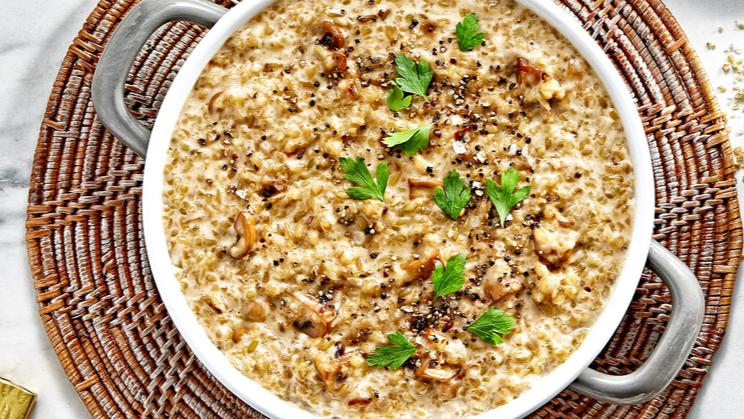
High in nutrients 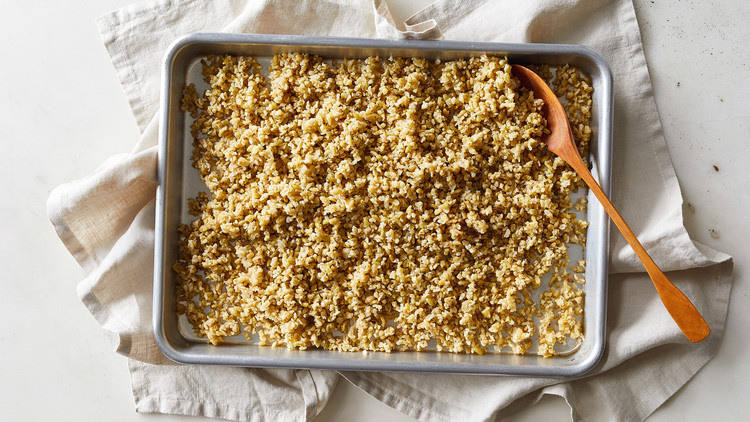
High in nutrients -
Freekeh is high in fiber, with 4.5 grams in a single 1/4-cup (40-gram) serving. Fiber is an essential nutrient that plays a role in many facets of health, including digestion.
Fiber, in particular, has been shown in studies to improve stool consistency and regularity in patients who suffer from constipation. Furthermore, consuming more fiber-rich foods, such as freekeh, may help guard against additional illnesses such as hemorrhoids, diverticulitis, and colon cancer. Freekeh help supports healthy digestion by giving bulk to stools and feeding your beneficial gut bacteria.
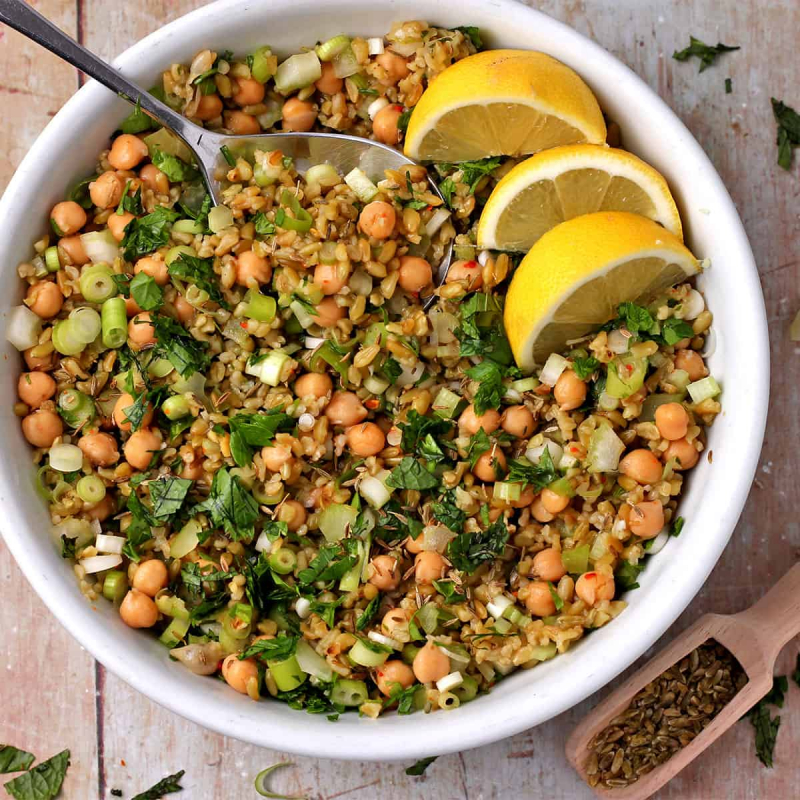
May enhance digestion 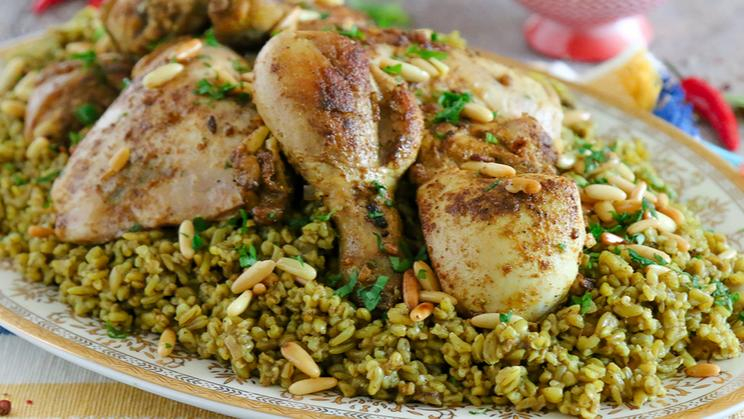
May enhance digestion -
Freekeh includes a number of micronutrients that may be beneficial to heart health. To begin with, it's high in manganese, a vitamin that functions as an antioxidant. As a result, it may minimize inflammation, which can encourage the development of heart disease. Each 1/4-cup (40-gram) meal also contains around 13% of the daily value (DV) for magnesium, another vital mineral that might help prevent heart disease.
It also has a lot of fiber. This vitamin can help decrease cholesterol and prevent plaque buildup in the arteries. Furthermore, consuming whole grains on a regular basis, especially freekeh, may be linked to a decreased risk of heart disease and certain risk factors for this illness, such as high blood pressure and inflammation.
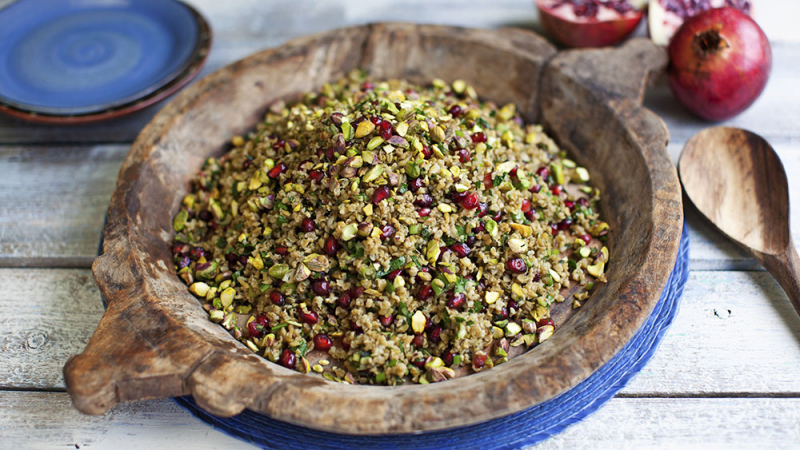
Could promote heart health 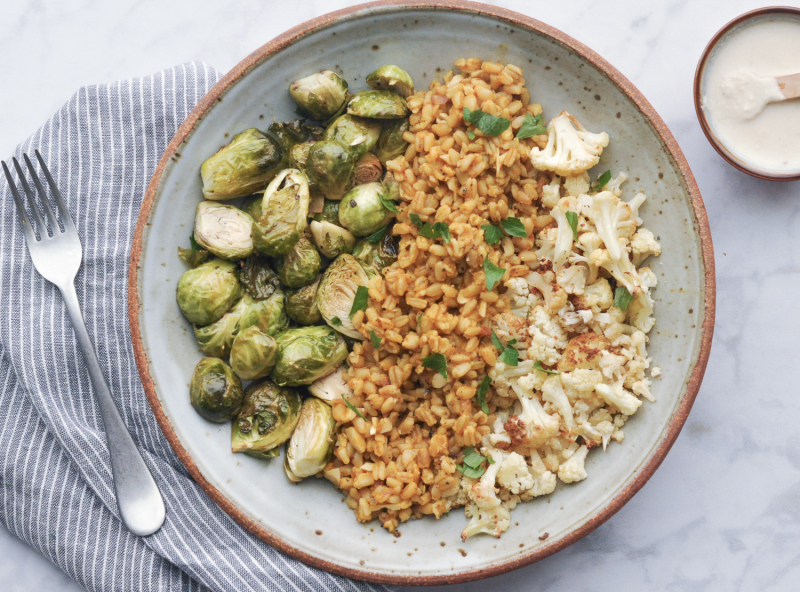
Could promote heart health -
Each serving of freekeh contains a substantial amount of protein and fiber. Both of these nutrients can help you achieve and maintain a healthy weight. Protein may help you lose weight by temporarily increasing your metabolism and changing the levels of certain hormones that regulate your hunger. Fiber also passes slowly through the digestive tract. As a result, it might help you feel satisfied in between meals.
According to some studies, increasing your fiber intake may help weight reduction even if you make no other dietary modifications. Furthermore, research on nearly 45,000 children and adults discovered that consuming more whole grains was associated with higher decreases in BMI and belly fat.
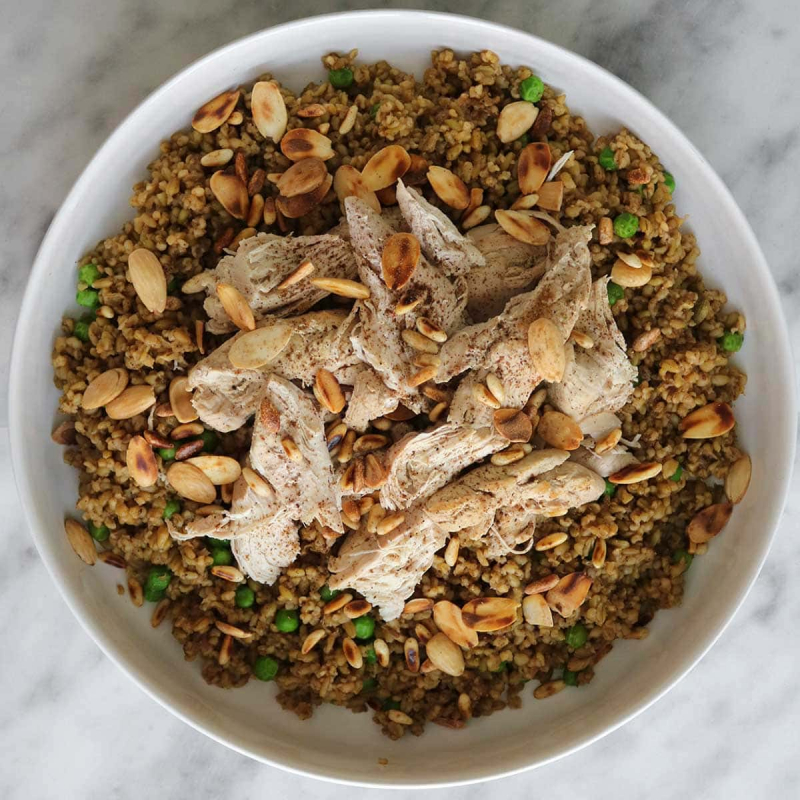
May support weight management 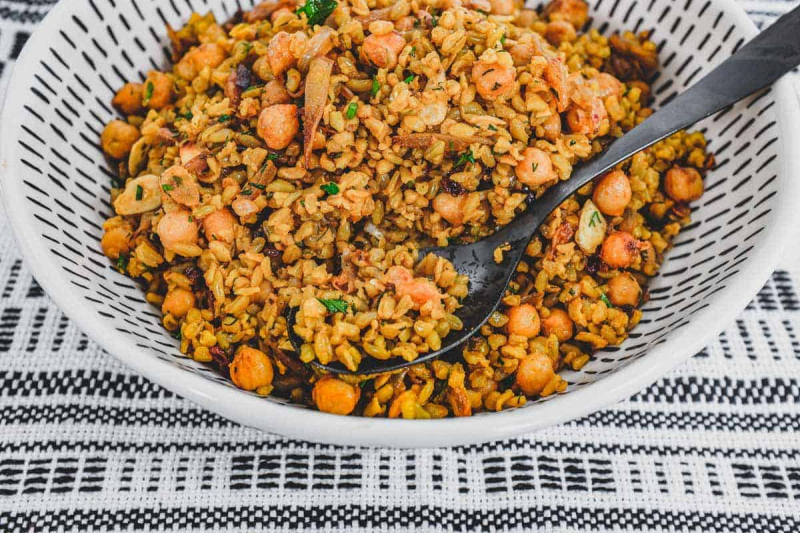
May support weight management -
Many chronic illnesses are caused by inflammation. There is some evidence that freekeh can help decrease inflammation. According to one study, women who ate the most freekeh had the lowest risk of dying from inflammation-related chronic diseases.
Furthermore, a recent study found that replacing refined freekeh products with freekeh products reduced inflammatory markers in patients with poor diets. These and other research findings support public health recommendations to replace most refined grains with freekeh.
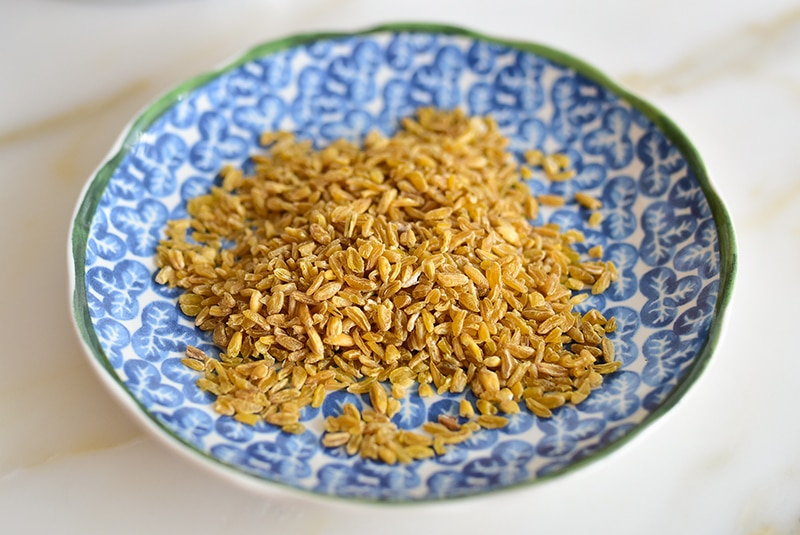
Reduce chronic inflammation 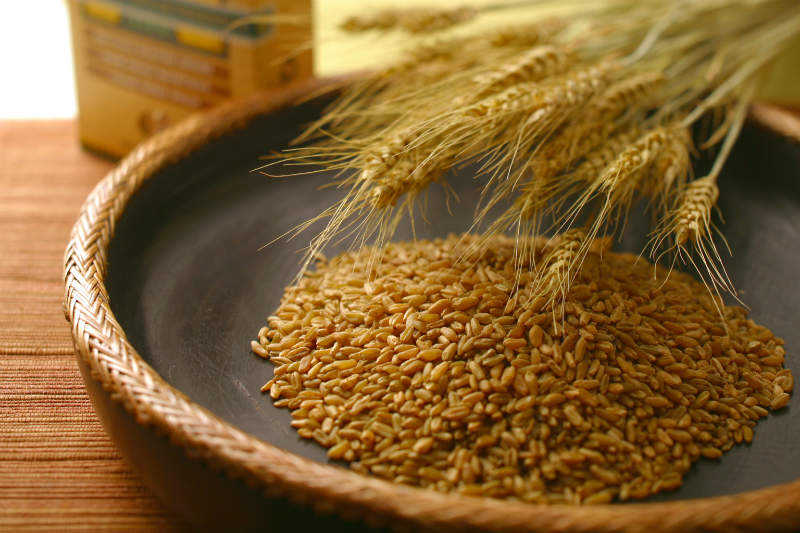
Reduce chronic inflammation


























